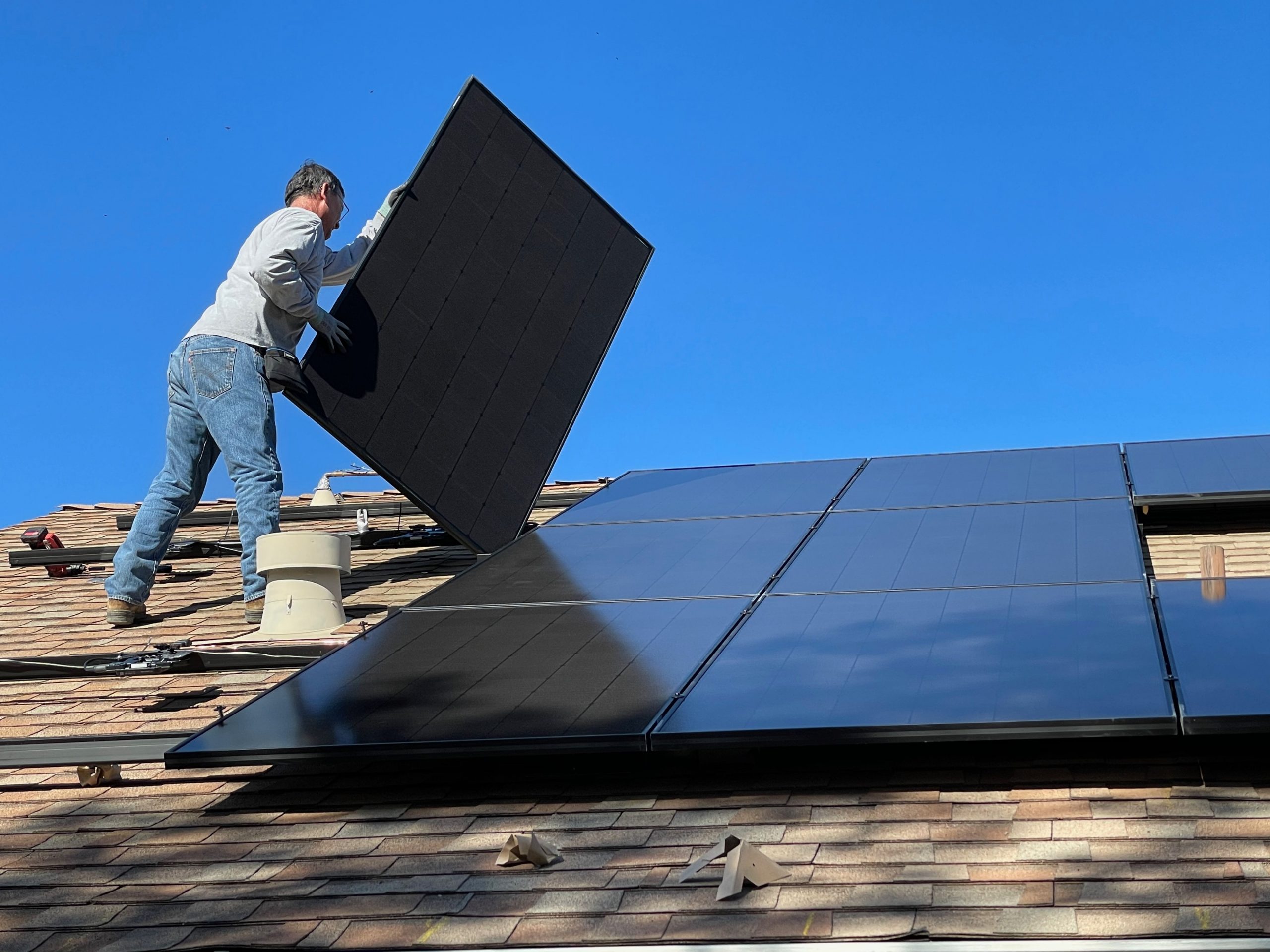Installing a solar panel at home is a popular type of home improvement, which takes New Jersey residents by storm.
A residential solar installation in NJ can boost the value of a home and allow you to save money. Installing a solar system doesn’t necessarily need to be a nightmare. The following are great tips to make the entire process easier:
Table of Contents
1. Determine the Solar Potential
When scoping out your house for rooftop solar, there are several things to look at when scoping out your house. Among the factors to look at are the tilt and direction of the roof. While that is not a fast and hard rule, rooftop solar panels work best on a south-facing roof with a slope between 20 and 45 degrees.
It is also vital to determine how much sunlight your roofing gets during the day. Usually, solar panels require sunlight to produce enough electricity. So that means if your roofing is obstructed or shaded by chimneys or trees, it can affect the way viable solar is.
2. Consider Your Budget
There is a common misconception that installing a solar panel in New Jersey is costly, but in reality, it is an amazing way to save cash. It will enable you to minimize the rate of depending on electricity from a power grid, enabling you to save cash.
Although the initial costs during the first installation may seem a lot, it becomes the best cost-saving power generating facility over time.
So estimate the amount of money the installation and procurement of the whole solar system may incur. The strength will basically impact the cost. The more powerful the system is, the more costly it will be.
3. Look at the Space Available
Before you invest your resources and time in any solar system, it is important to ensure there is enough space. Plus, past power usage can determine the number of panels you may need to power the house.
It is also important to observe the sun’s movement and determine if the desired position will receive enough sunlight every day.
Don’t put the system in a place where shadows of the adjacent buildings fall in the daytime. If you want to install the system on your roof, you must ensure the roofing is strong enough to withstand the panels’ weight.
4. Get the Necessary Documents and Permits
Like other great financial decisions, installing a solar system encompasses too much paperwork. Fortunately, a lot of this paperwork is usually handled by an installer. But it will be a great idea to know what is happening behind the scenes.
Among the vital things, you will apply for can be federal and state solar incentives, like local solar programs, government debates, SRECs (solar renewable energy certificates and federal ITC.
Apart from applying for those incentives, you will also have to take care of other paperwork, including building permits.
Closing Remarks!
Installing a solar panel at home is a major decision you can make. By installing a solar system at home, you will minimize your dependence on traditional utilities and offset most of your energy bills.
Plus, it provides a tangible way to deal with the environmental footprint, making the community healthier and cleaner.

